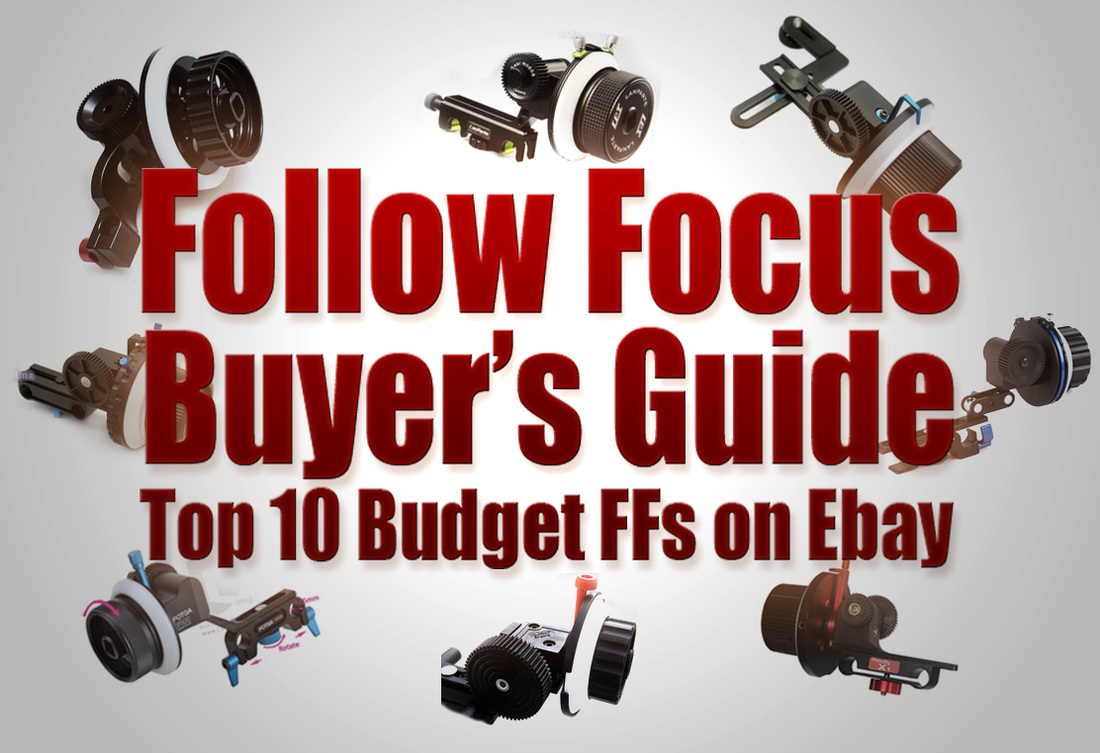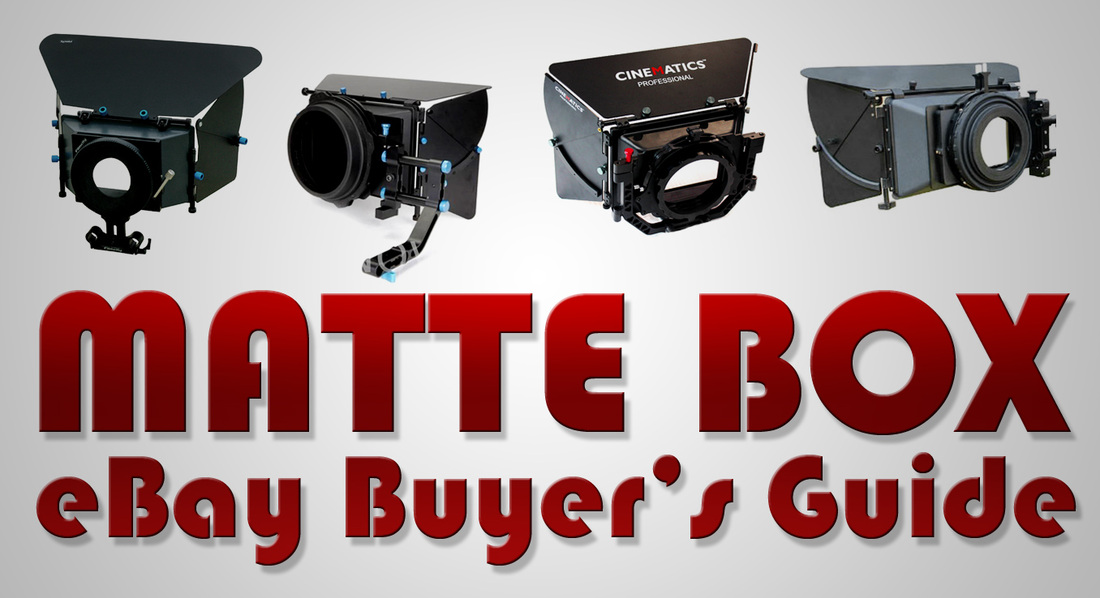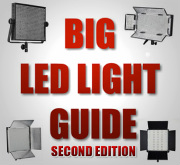Tokina AT-X 80-200mm is one of the most exciting vintage lenses I have in my current collection. I was really keen to try to since I bought it a few months ago. My lens has a Minolta MD mount, which requires an adapter with additional lens for it to work properly with Canon EOS DSLRs, so I didn’t bother with it initially (I think it comes in different mounts too, which are more easily adaptable to Canon DSLRs). So in the end I decided to try out the lens with my Sony NEX 5N, which keeps impressing me every time I’m using it; such a powerful, fully featured camera in such a small body with a very affordable price tag too. I bought a cheap MD to NEX adapter on eBay, without any additional glass that could affect the performance and it works as good as one could wish for. Being quite a heavy lens at 1.2kg, the Tokina 80-200 really benefits from having a sturdy, metal tripod ring mount, especially when used with such a tiny camera like 5n. For the test shoot, the lens was supporting the camera, rather than other way round. It really helped with the stability and there was no problem with the lens being front heavy. The lens itself is all metal too, except the clip-on lens hood, which is plastic (I have no problem with that). If my info is current the AT-X is the professional Tokina range (something like L to Canon) and it definitely feels like it’s built for professional use. This is a very solid lens with a really nice, wide, smooth focusing ring, perfect for manual focusing. The lens does extend ever so slightly when focusing, but not much. The front 77mm multicoated element looks very impressive too, but what is really special about this lens is it’s constant aperture of f/2.8 throughout the focal range. It puts this lens up against the big boys like Canon’s 70-200mm f/2.8 and Nikon’s 80-200mm f/2.8. These lenses are very expensive comparing to Tokina (up to 10 times more expensive!), but they are excellent and certainly worth their price, but what if one can’t afford a Canon or Nikon? Should they go for a cheaper, slower version like Canon’s 70-200mm f/4? I believe that this Tokina offers much than a slower modern equivalent by one of the leading brands. It’s still about 4 times cheaper even that Canon 70-200mm f/4, so I believe this is one of the cheapest fast alternatives to Canon and Nikon fast, long zooms. At the time of writing there are 4 Tokina AT-X 80-200mm lenses on eBay, one going at "buy ti now" price of under $200 and another about $250, which is an absolute bargain, considering that the lens performs well and I hope you’ll agree with me that it does produce some very lovely images. I was mostly testing it at 200mm because this is what makes it special; not really the 80mm or 100mm at f/2.8, but 200mm at f/2.8. I’m very impressed with the bokeh it producing even at f/5.6, but I would say the sweet spot for the lens is f/4. Like most lenses it certainly benefits from being stepped down by a stop or two. The f/2.8 is definitely usable is the situations that demand for it (low light scene for example) but there is plenty of shallow depth of field at f/4, so that is where I’ll mostly stay.
I haven’t used neither the Canon 70-200mm f/2.8 or Nikon 80-200mm f/2.8, so I can’t comment on how well they perform wide open, but like I said, most of the lenses benefit from being stepped down a bit and there is nothing wrong with that, especially if your not paying thousands of $/£ for a lens.
Anything I don’t like about the lens, or the images it produces? Well, I’m not too keen on the pull-push zoom design, which makes it almost impossible to zoom in or out smoothly during the recording. With DSLRs I don’t tend to do that anyway, so not a big problem. A bigger problem for me is the presence for the chromatic aberration, definitely not as much as in some other lenses I’ve tested, but it’s almost always there, mostly in out-of-focus highlights and extreme light spots of the image. The bad thing is that it doesn’t really go away completely even when the lens is stepped down to something like f/5.6, so that is my biggest problem.
Nevertheless at this price the images are still mind blowing and this is one of these great lenses that are only cheap because majority are not aware of their existence and this is exactly what the budgetfilmmkaer.co.uk mentality is about; it’s about finding good stuff that is affordable and is good value for money, not about crap stuff that is cheap to buy or even worse, expensive, so I highly recommend this lens, just make sure you buy the one which compatible with your camera, preferably without any adapters that contain glass in them because it’s likely to affect the performance of the lens, softening the image at very least, which would make the whole thing a bit pointless.
Hope this info is useful to you guys and it will help save you some money on your future lenses. Stay tuned for many more lens tests and my future lens giveaways.
I haven’t used neither the Canon 70-200mm f/2.8 or Nikon 80-200mm f/2.8, so I can’t comment on how well they perform wide open, but like I said, most of the lenses benefit from being stepped down a bit and there is nothing wrong with that, especially if your not paying thousands of $/£ for a lens.
Anything I don’t like about the lens, or the images it produces? Well, I’m not too keen on the pull-push zoom design, which makes it almost impossible to zoom in or out smoothly during the recording. With DSLRs I don’t tend to do that anyway, so not a big problem. A bigger problem for me is the presence for the chromatic aberration, definitely not as much as in some other lenses I’ve tested, but it’s almost always there, mostly in out-of-focus highlights and extreme light spots of the image. The bad thing is that it doesn’t really go away completely even when the lens is stepped down to something like f/5.6, so that is my biggest problem.
Nevertheless at this price the images are still mind blowing and this is one of these great lenses that are only cheap because majority are not aware of their existence and this is exactly what the budgetfilmmkaer.co.uk mentality is about; it’s about finding good stuff that is affordable and is good value for money, not about crap stuff that is cheap to buy or even worse, expensive, so I highly recommend this lens, just make sure you buy the one which compatible with your camera, preferably without any adapters that contain glass in them because it’s likely to affect the performance of the lens, softening the image at very least, which would make the whole thing a bit pointless.
Hope this info is useful to you guys and it will help save you some money on your future lenses. Stay tuned for many more lens tests and my future lens giveaways.

Click to view this item on eBay



 RSS Feed
RSS Feed
